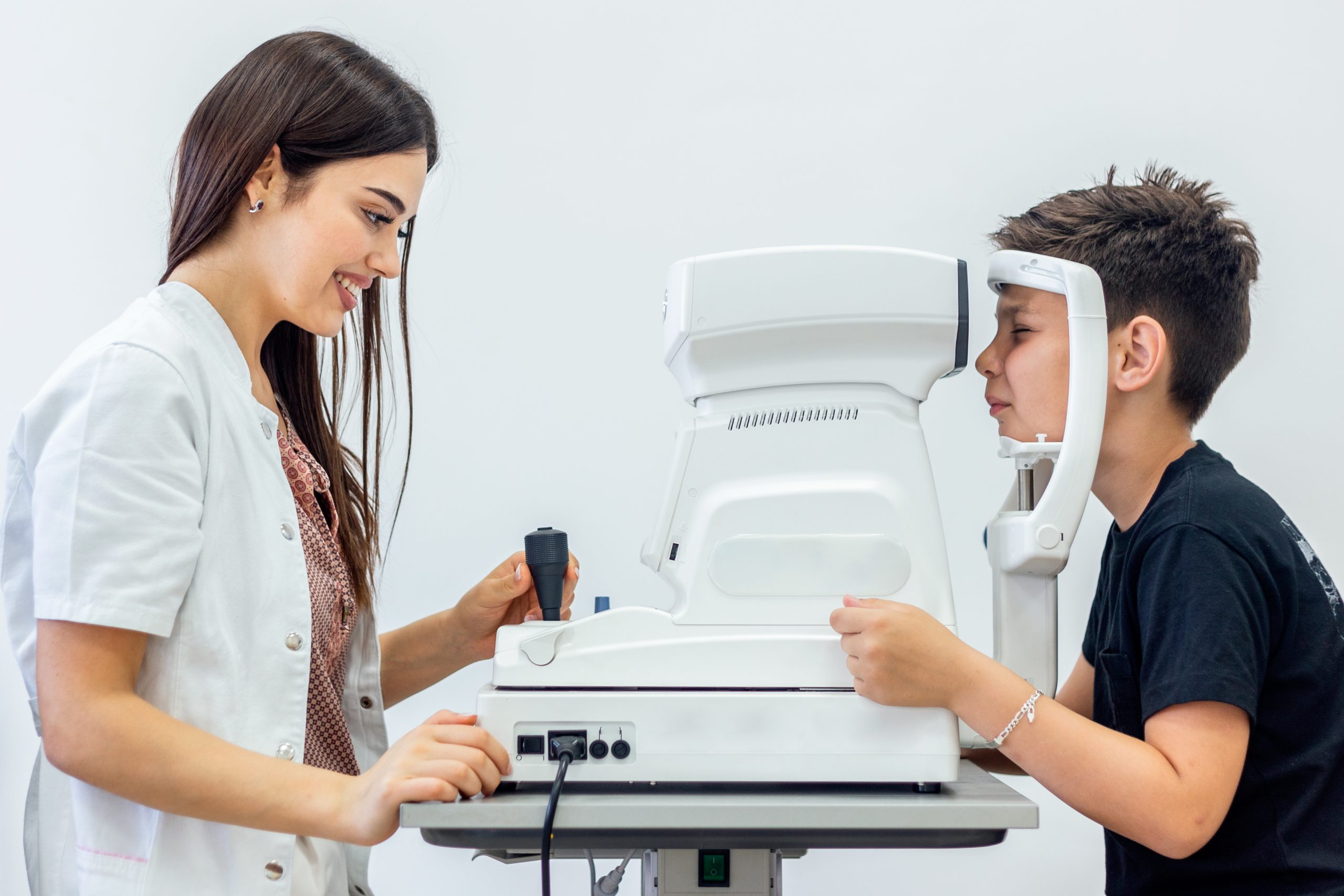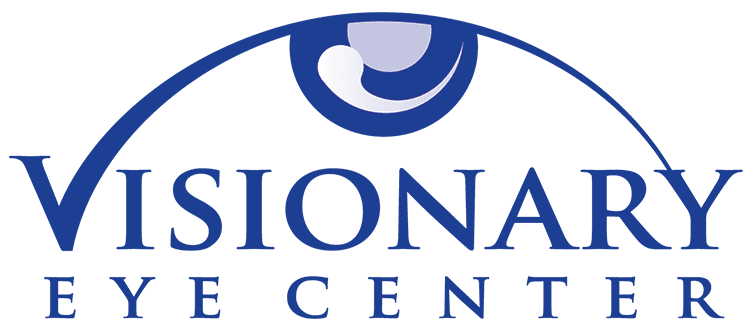Children aren’t exempt from experiencing vision problems. Like many adults, children can suffer from a variety of eye conditions including amblyopia, strabismus, and refractive errors such as nearsightedness and farsightedness. Genetic diseases such as glaucoma and cataracts may also affect children as young as 5. Thankfully, with regular vision checks, your child’s eyesight difficulties can be detected and treated early on. Being aware of the
early learning signs of vision problems in children will allow you and your pediatric optometrist to rectify the situation before it gets out of control.
However, many local pediatricians are not fully equipped to examine your child’s vision, relying on screening processes that give less accurate diagnoses than our specialized optical equipment. At Visionary Eye Center, our skilled pediatric eye care specialists use child-specific examination equipment and practices to properly diagnose any present conditions.
If left untreated, eye conditions like hyperopia, myopia, or astigmatism can lead to amblyopia, the leading cause of childhood blindness. These conditions can be addressed and mitigated by visiting a Pediatric Optometrist such as
Dr. Bolenbaker. Eye turns (strabismus) can also be detected and treated with vision therapy or surgery to ensure your child develops proper depth perception.
Perfect vision, whether assisted or not, will ensure that your child can see the whiteboard and read text up close, but are their eyes developing optimally? Your child's success in school relies on more than 20/20 vision. Children's eye exams will check for proper eye movement skills, eye focusing abilities, eye teaming skills, binocular vision skills, visual perceptual skills, and visual-motor integration.
Without a comprehensive eye exam for children, they may risk receiving a misdiagnosis of an attention-related condition like ADD or ADHD. In addition to checking for the warning signs of common optical conditions, we recommend examinations at the following age milestones:

 775.587.3892info@visionaryeyecenter.com8175 South Virginia Street Suite B-900
775.587.3892info@visionaryeyecenter.com8175 South Virginia Street Suite B-900